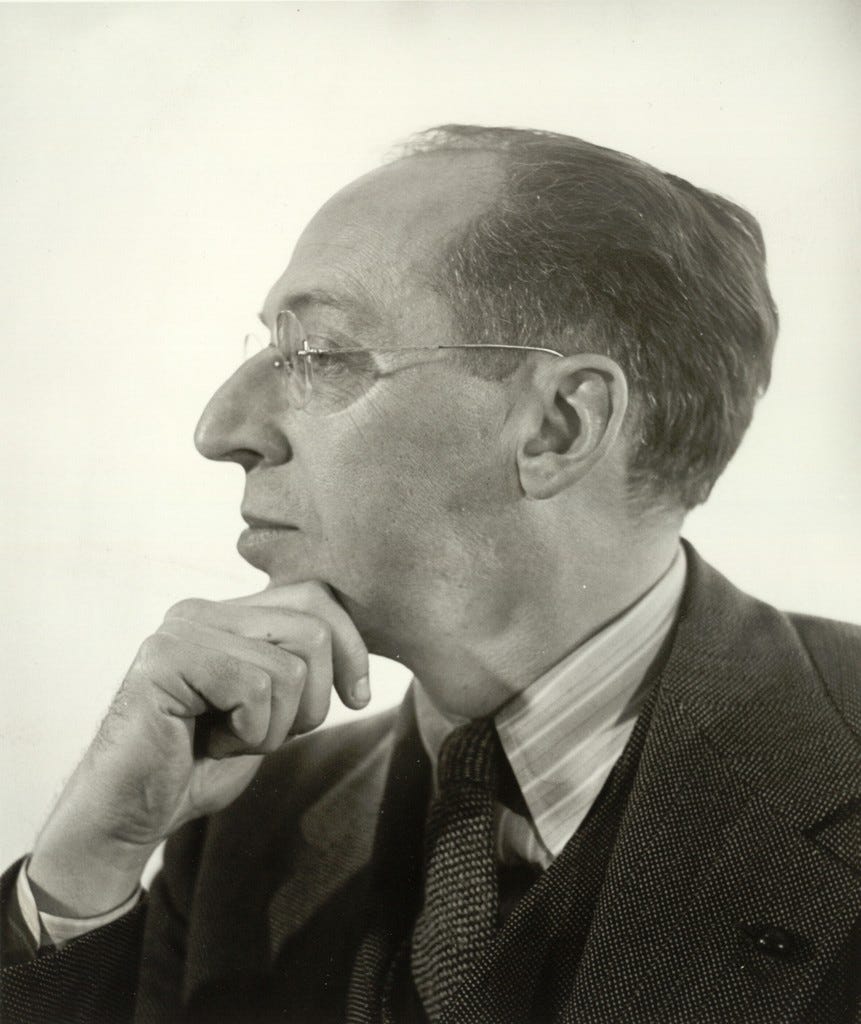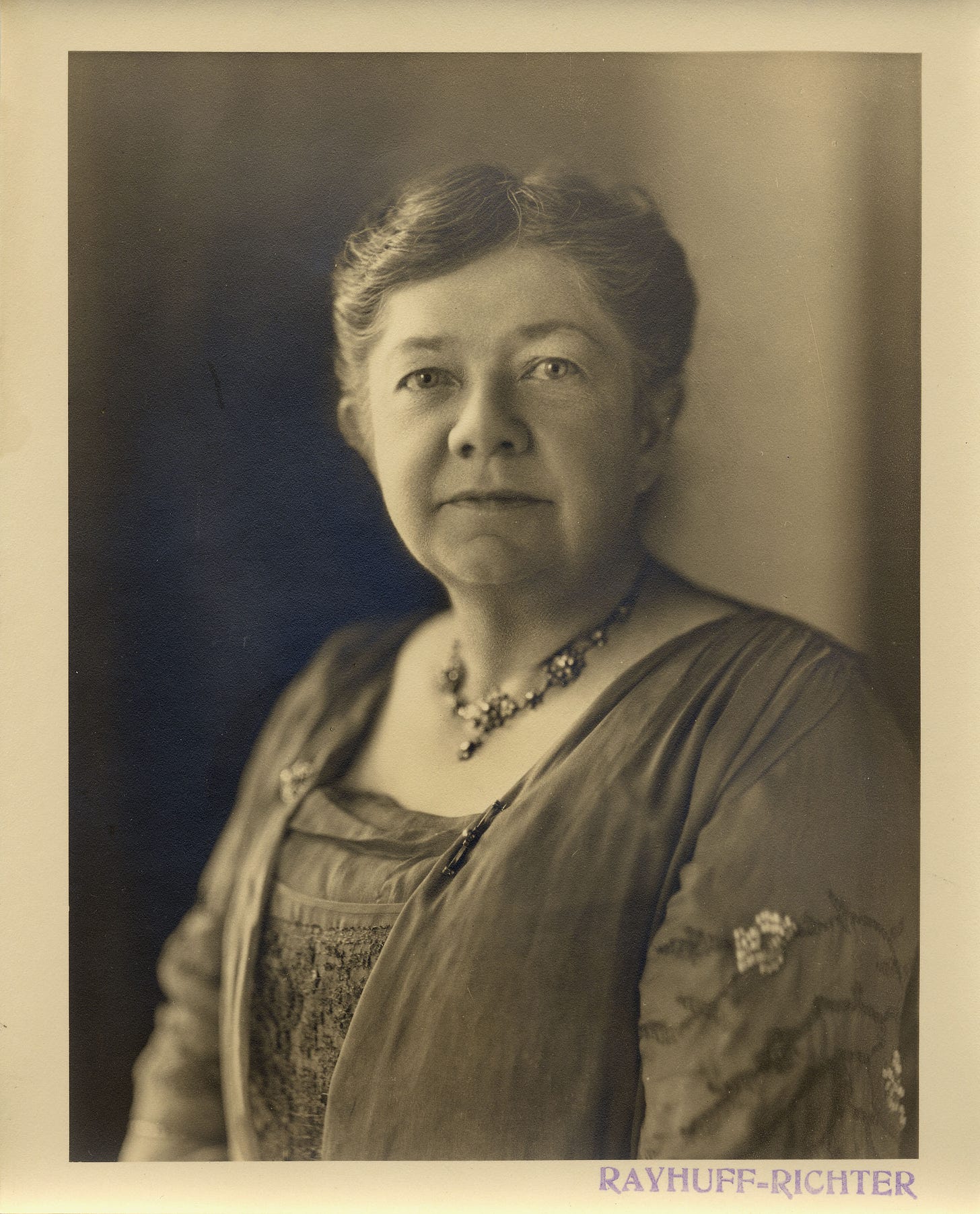American Festival
Click for Booking information.
This concert is a celebration of the rich diversity of American music and an opportunity to experience the works of three composers who, in their unique ways, helped shape its sound and soul. Their compositions, each imbued with a distinct voice and perspective, offer a compelling and enriching musical experience.
William Schuman: The Quintessential American Composer
William Schuman (1910-1992) was a pivotal figure in American music. He was not only a prolific and widely celebrated composer but also a towering presence in music education and arts administration. While attending New York University's School of Commerce, Schuman pursued his passion for music by writing popular songs. But hearing a New York Philharmonic concert conducted by the legendary Arturo Toscanini ignited a deep desire within him to become a serious composer.
Schuman's music is marked by its grandeur, energy, and bold use of orchestral colour. He often juxtaposed massive blocks of sound, creating a powerful and dynamic sonic landscape. His compositions frequently draw inspiration from American folk and jazz traditions, reflecting a deep connection to his homeland.
The "American Festival Overture", which premiered in 1939, is one of Schuman's most frequently performed works. It is a vibrant and celebratory piece that captures the spirit of American optimism and vitality. The overture's driving rhythms, soaring melodies, and brilliant orchestration make it a perfect opening.
If you would like to join the Salomon Orchestra, then please
email admin@salomonorchestra.org with your details and experience.
Aaron Copland: Finding Beauty in the Familiar
No exploration of American music would be complete without acknowledging the profound influence of Aaron Copland (1900-1990). An exceptionally versatile composer – he wrote masterpieces in many genres, including ballet, film scores, and orchestral works - Copland possessed a unique ability to capture the essence of America in his music.
Copland's musical style evolved throughout his career. His early works were characterised by a modernist approach influenced by his studies in Paris with Nadia Boulanger. However, during the 1930s, he shifted towards a more accessible style, believing that music should connect with a broader audience and led to the creation of some of his most iconic and enduring works.
"Old American Songs", composed between 1950 and 1952, is a testament to Copland's ability to find beauty and depth in simple, familiar melodies. The song cycle consists of arrangements of traditional American folk tunes, each infused with Copland's distinctive harmonic language and orchestral flair. The result is a collection of pieces that are both nostalgic and fresh, playful and profound. "Old American Songs" has become a staple of the vocal repertoire, loved by audiences and performers alike.
Amy Beach: Breaking Barriers and Creating Masterpieces
Milne Special Collections and University Archives, Dimond Library, University of New Hampshire, Durham, N.H.
Amy Beach (1867-1944) was a true pioneer in American music. As a female composer in a male-dominated field, she faced numerous challenges and societal constraints. However, she persevered and became one of the most prominent and respected composers of her time.
Beach was a child prodigy, displaying exceptional musical talent at a young age. Largely self-taught, she developed a strong foundation in music theory and composition, eventually honing her craft through formal instruction. Her early compositions garnered recognition and praise, establishing her as a rising star in the American music scene.
Beach’s "Gaelic" Symphony, premiered in 1896, was the first symphony composed and published by an American woman to achieve widespread recognition. The symphony, as its name suggests, is heavily influenced by Irish folk melodies, reflecting Beach's belief that American composers should look to the musical traditions of their European ancestors.
The "Gaelic" Symphony is a testament to Beach’s mastery of orchestral writing. The work is rich in melody, harmony, and orchestration, showcasing a wide range of emotions and musical textures. From the lively opening to the poignant slow movement, Beach’s symphony is a captivating and evocative musical journey.
Beach was a strong advocate of music education and women in music, mentoring countless young musicians and composers and encouraging them to develop their talents and pursue their artistic dreams.






